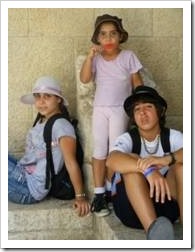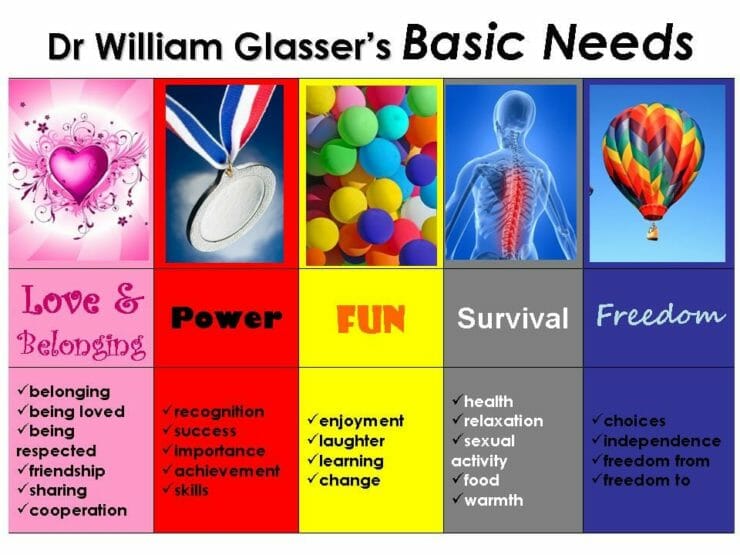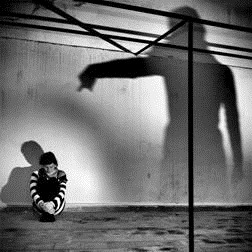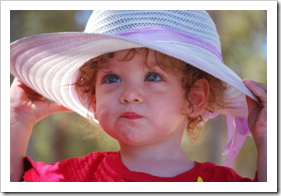
Children will strive with encouraging. If kids were plants, their environment would be the soil while encouragement and support would be the water and sun they need in order to grow.
Children who receive positive encouragement grow up to have very strong emotional stamina. Their emotional intelligence helps them manage challenges, difficulties and failure. These skills form the basis of growing up to be successful people. Parents, teachers and caregivers are those who can give us these skills.
Here is a list of 20 positive feedback starters that encourages kids to keep doing something you would like to support and promote. You can change the ending to suit whatever it is you want to encourage.
“You’ve done a wonderful job at… picking up the toys”
“It was an excellent idea to… make a strong foundation for the Lego building”
“You must be very proud of yourself for… submitting the assignment on time”
Read The Magic of Encouragement »














